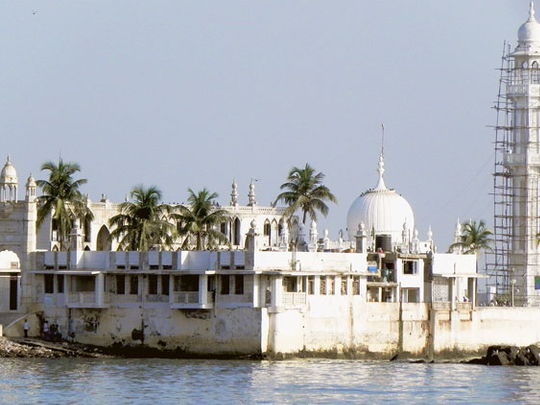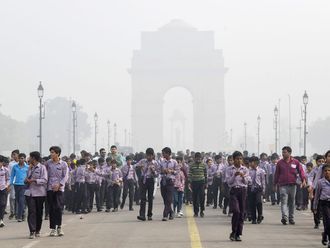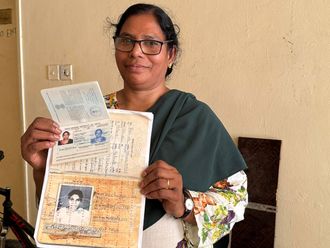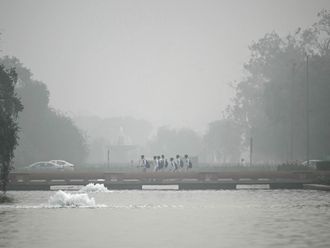
Mumbai: The Bombay High Court on Tuesday reserved its judgement on the ban on entry of women into the inner sanctorum of the Haji Ali shrine in the city and asked all parties to submit their arguments in writing in two weeks.
The division bench of Justice V.M. Kanade and Justice Revati Mohite Dhere gave the directions after hearing the arguments of the parties concerned.
Batting for women’s rights, the Maharashtra government told the court that the Haji Ali Dargah Trust cannot prohibit women from entering the inner sanctum of the shrine, which draws millions of devotees every year.
The State Advocate General said that unless the Trust is able to prove that the ban is a part of the religious practice with reference to the Quran, women should be allowed to enter the inner sanctum of the shrine.
The Dargah Trust argued that the inner sanctum of the shrine houses the grave of a male saint and that it was a sin in Islam to touch the male saint’s tomb.
On February 3, the court had asked the Devendra Fadnvais-led government to express its opinion on a public interest litigation (PIL) that had challenged the decision of the Haji Ali Trust to ban the entry of women into the sanctorum. This is the first time that the state has been asked to give its views on women’s entry into a shrine.
There has been a furious debate across the country on the entry of women into some of the religious places. Recently, women protested and tried to enter the inner platform of the Shani Shingnapur Temple in Ahmednagar district in Maharashtra even as a petition in the Supreme Court seeks entry for all women and girls in to Sabarimala Temple in Kerala where girls after attaining puberty are not allowed to enter the temple premises. The temple, however, allows only those women who have reached menopause to enter the temple.
In November 2014, two women activists of the Bharatiya Muslim Mahila Andolan filed a PIL in the High Court challenging the ban imposed by the Haji Ali Trust in 2012. Though such a ban was not in place earlier and women could freely enter the inner sanctorum to offer prayers, the PIL stated that the imposition of the ban was “blatant discrimination on the ground of gender alone.” It also said that it impinged on their fundamental rights and pointed to “the failure of the state to eliminate inequalities.”
The Haji Ali dargah houses the tomb of Muslim saint Pir Haji Ali Shah Bukhari as well as a mosque. With its white domes and minarets, the iconic complex off the Mumbai shoreline in the Arabian Sea presents a picture of beauty and tranquillity from the busy sea face road in Worli.












